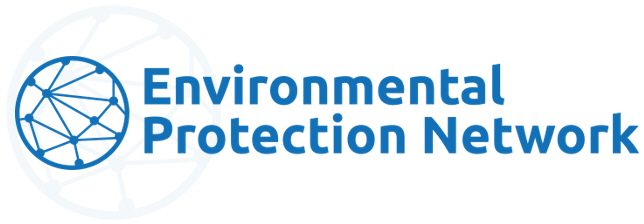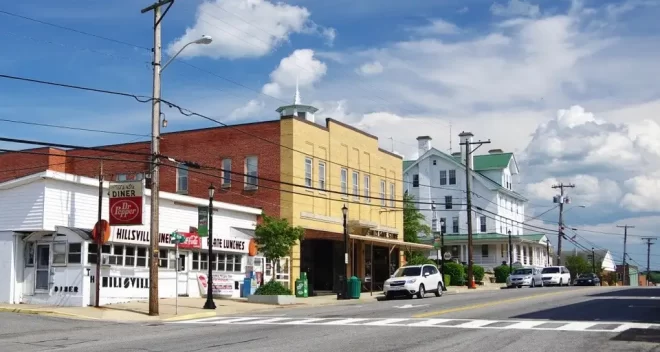The past year was an incredibly productive, exciting year for EPN, especially for our pro bono Capacity-Building Technical Assistance Program, which saw tremendous growth and tangible results for our community partners. In 2022, almost 100 of our EPA alumni—scientists, lawyers, economists, and others—worked with over 180 environmental justice communities and other community-supporting organizations on over 200 community-identified projects. This work leveraged over 800 volunteer hours and over $300,000 worth of technical assistance and training. In addition, we assisted communities with successful Enhanced Air Quality Monitoring for Communities grants worth over $1 million, National Fish and Wildlife Foundation’s National Coastal Resilience Fund grants worth over $2 million, and a Small Business Innovation Research award of almost $100k.
In 2022, we also hired five Community Outreach Associates (one for every two EPA Regions), each responsible for connecting communities in their regions to volunteers in our network, other pro bono and low bono resources, and federal funding from the American Rescue Plan, the Bipartisan Infrastructure Law, and the Inflation Reduction Act. Their passion for environmental justice and commitment to the communities they work with is inspiring and allows EPN to not only assist more communities, but also broaden the scope of assistance and connections we can make to truly provide a holistic approach to technical assistance.
Below are a few examples of our technical assistance work in 2022:
- Information to a community in Alaska working to preserve the Yukon River Watershed from a host of pollutants and concerns about Clean Water Act violations.
- Technical support to a community preparing comments on a general National Pollutant Discharge Elimination System permit for offshore oil and gas exploration, production, and development in the western Gulf of Mexico.
- Technical assistance to a community in Michigan attempting to better understand groundwater flow from contaminated agricultural land in order to test suspected contaminated sites.
- Support and connections for a community in Arizona seeking assistance with understanding the legal aspects of toxic site remediation and ecosystem restoration of several abandoned mines in the area.
- Information and connections to a community organization in Texas on the oversight of a Title VI complaint.and guidance for comments on a new petrochemical Aboveground Storage Vessel Safety Program that the state agency is in the process of creating.
- Technical support to a community in Florida seeking assistance with a state domestic wastewater permit public comment and permit appeal, and also a NEPA review by the US Department of Defense.
- Technical assistance and information to an organization representing rural communities in Pennsylvania interested in facilitating a rural air monitoring program.
- Information and connections to a community in southwest Houston protesting the construction of a 300,000 gallon propane (liquified petroleum gas, LPG) storage facility, which is the second facility in a four mile radius being built in a highly populated area close to homes, schools, and churches.
- Assistance to a law clinic representing Louisiana communities fighting a pending Title V renewal/minor modification application for a bauxite processing plant that is one of the largest emitters of mercury in the country.
- Technical assistance and information to an organization in Maryland on monitoring and controlling fugitive dust at a coal shipment terminal.
- Technical assistance for a West Virginia community on mountain top mine removal, including better operating procedures and addressing airborne issues and possible pollutants in surrounding streams.
- Information and connections for an NGO in need of certain datasets to create a detailed greenhouse gas inventory for a county in New York.
In summary, after doing this work very occasionally during the first few years of our organization, and since launching the program in June 2021, more than 100 of our volunteers have provided pro bono technical assistance on issues including air, water, toxic substances, hazardous waste, and just about any EPA-related issue for almost 250 unique inquiries spanning over 200 unique communities across the country. EPN, in partnership with many others, is providing communities and community-serving organizations with information, expertise, connections, and the capacity to apply for federal funding.

